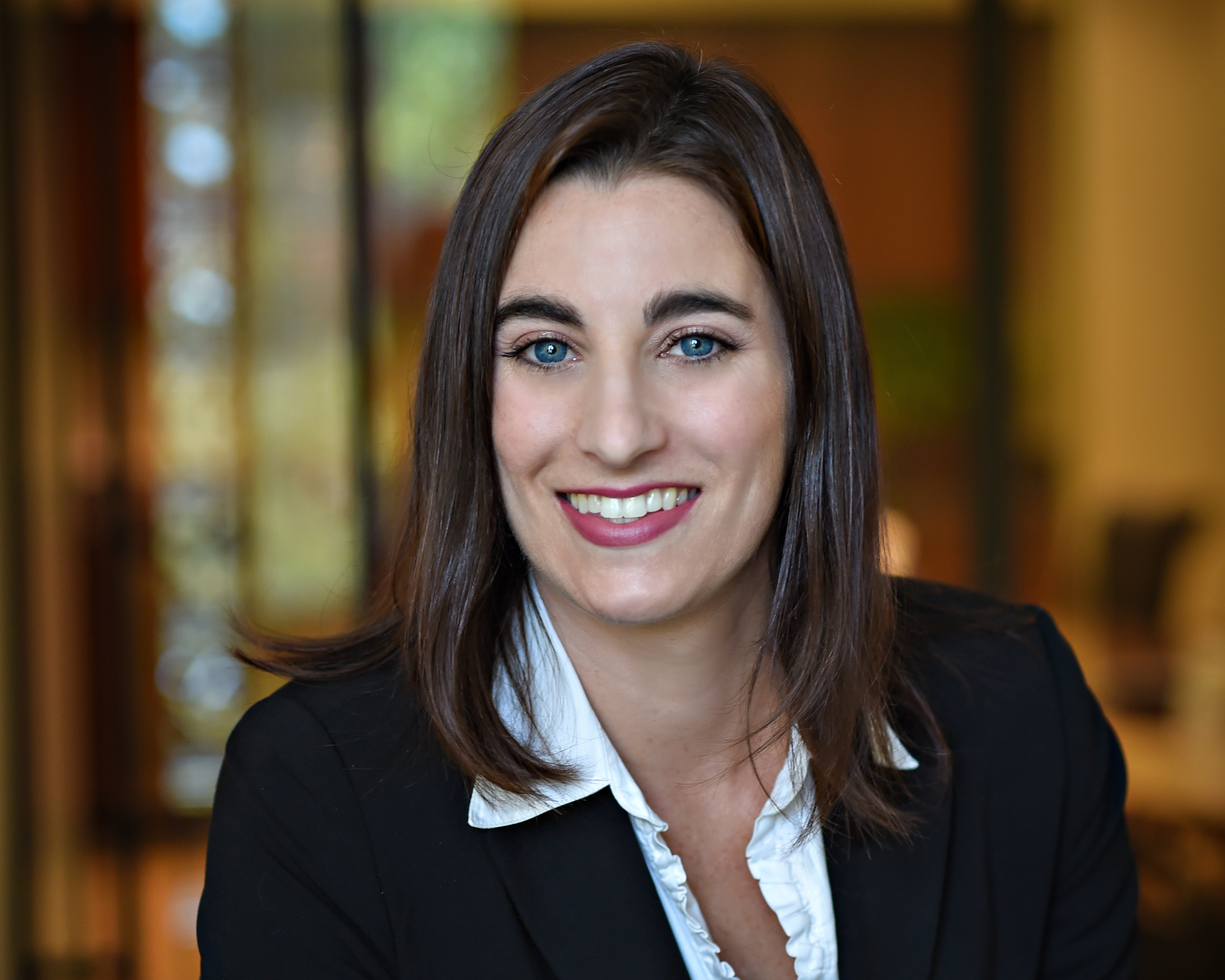
Being a good financial advisor is a lot like being a good personal physician. You have to listen to what the patient means, whether they are saying it out loud or not.
Every primary practice doctor has this experience. The patient comes in, gets weighed, blood pressure taken, and the doctor does his or her work, poking, prodding, checking in and updating records on past health problems.
When the checkup is over, the patient dresses to go home. Then comes the “hand on the doorknob” question. He or she is ready to walk away, but then, pressured by the moment, finally unloads their real concerns.
It’s the question they wanted to ask all along, the one the doctor really needs to answer.
As a Certified Financial Planner™, I have gotten the financial version of the “hand on the doorknob” question many times.
Can I retire on time? Should I worry about the fluctuations in the stock market? How can I make sure my kids are taken care of?
This goes beyond the simplistic stuff, the money version of taking a person’s vitals. Knowing how a portfolio has performed over three months or five years is easy — it’s just math.
But the softer science of feelings and expectations around personal finance — that’s the hard work. And far too many people don’t get that important help.
A better financial advisor
Everyone needs money to live on once they retire, and since pensions have mostly disappeared in the U.S., retirement savings accounts are all we’ve got. Even people who have real savings — between $100,000 and half a million — are often not given the attention they need, or virtually ignored by the big firms because they don’t meet their investment minimums.
I saw this earlier in my career at firms where the average client had a net worth of $2 million plus. Many “average” investors were ignored because, like with a doctor, taking the time to understand your clients is costly. Frankly, a stockbroker on a commission is losing money just by talking to you.
That was what drew me to Rebalance. Americans who have worked hard and saved all their lives need decent, reliable, financial advice, at a cost that doesn’t significantly impede their savings growth. Because we are fiduciaries, we are legally obligated to act in our clients’ best interest.
Not everyone can become an investing expert, but they can learn the basics and control who they take financial advice from.
At Rebalance, we believe that knowledge is power, and provide a lot of education via our emails, videos and direct communication with experienced advisors.
Investors would be well served by listening to fiduciaries like me and my colleagues at Rebalance, who always have their best interests at heart. We’re the “good doctors” who take the time to listen, and then answer.





